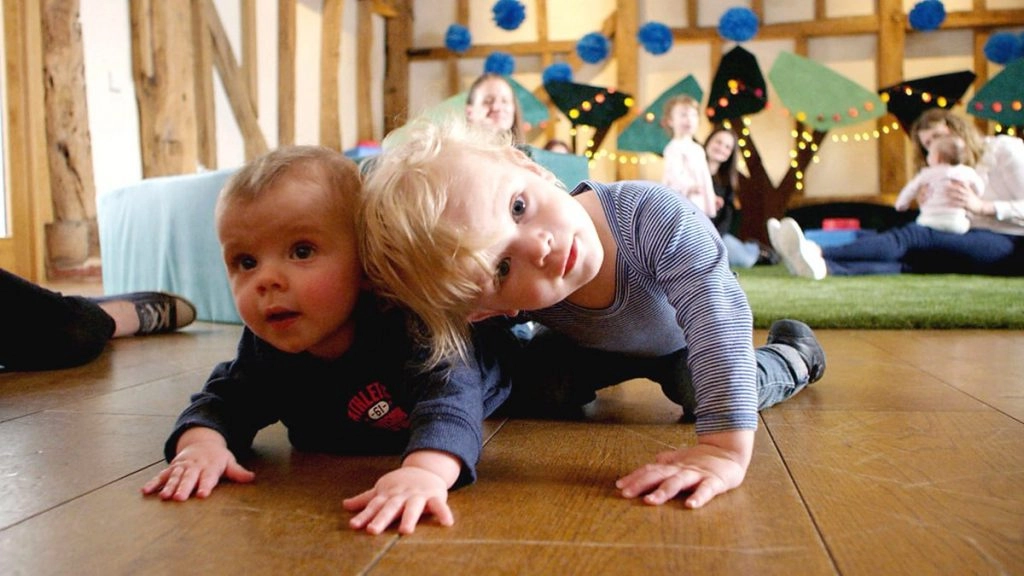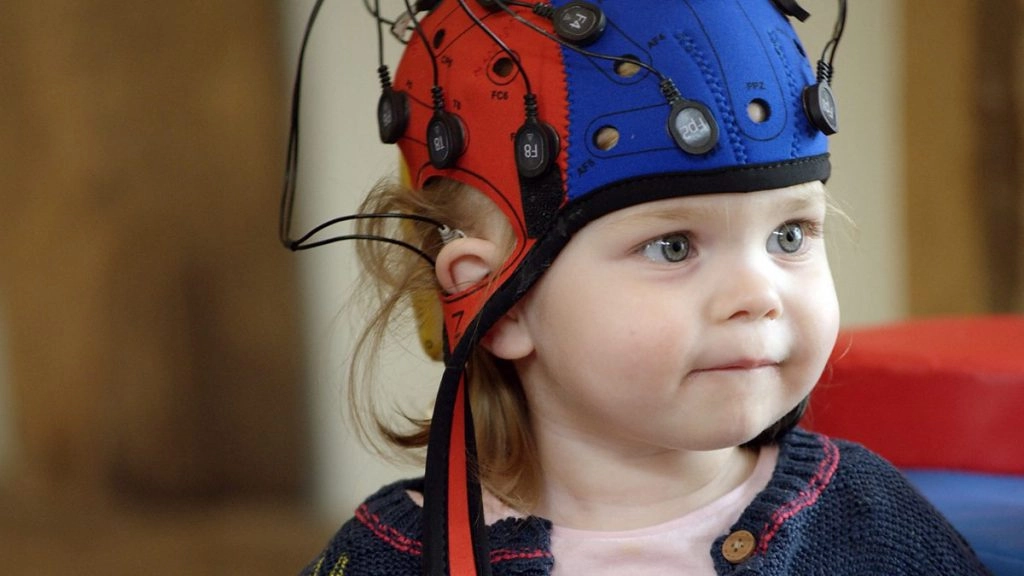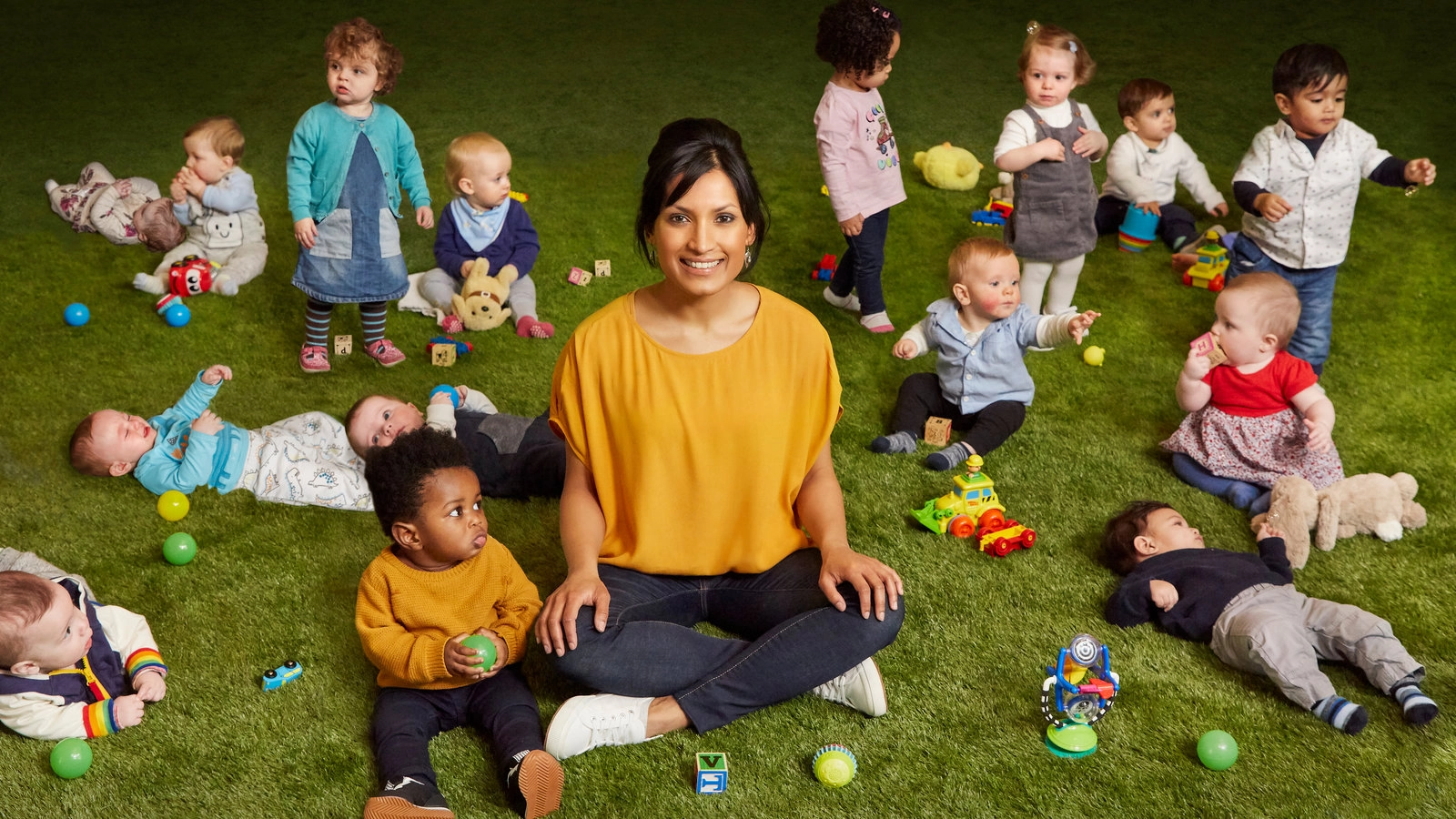The BBC has a high-scoring documentary-“The Wonderful World of Babies”, although there are only three episodes, it reveals many secrets in the growth of babies.
This documentary records the process of a team of experts led by pediatric expert Dr. Guti Singer exploring the various behaviors of babies before the age of two.
The second episode of the documentary is titled Integrating into Society, and the main content is about children’s social skills.
0-1 year old’s need for “attention”
Studies have found that babies as young as one week old have shown a strong interest in human faces, and their brain activities are significantly more frequent when they see people.
Babies from 4 months to 1 year old begin to show concern for “attention”. In the experiment, it was found that when parents deliberately turn their faces away when interacting with the baby and do not react to the baby within 2 minutes, the babies will start to find ways to attract the attention of the parents, and some of them will reach out to hug the baby. , Some simply cry.

7 months to 1 year old, distinguish good from bad
Babies from 7 months to 1 year old can tell the difference between good and bad. The researchers performed a puppet show for the children. In the play, the red puppet wanted to climb the mountain, the blue puppet pushed it down, and the yellow puppet helped it climb the mountain.
After the plot was over, the researchers asked the babies to choose between the yellow puppets or the blue puppets, and all the babies chose yellow. Researchers believe this is the starting point for children to learn to trust others.
Around 2 years old, self-awareness and empathy appear
From about 19 months old, babies begin to pay attention to their own image in the mirror, and when they are 2 years old, they will be very concerned about something on their face.
When the researchers put a crying simulation doll in the baby play area, almost all babies noticed the cry in an instant, their expressions became sad and worried, and a 21-month-old baby even gave The baby handed over the baby bottle and toys, trying to help the baby, which shows that the babies have empathy.

It can be seen that the baby is already developing his social skills as early as 3 years old. So how should parents cultivate their children’s social skills?
Interact with your baby more
Child psychologist Lawrence Cohen said: Compassion, emotional intelligence and love are all learned from intimacy.
Although babies may have limited comprehension skills, they can perceive and learn about emotions and emotional intelligence from the parents’ various emotions, movements and tone very early.
Therefore, parents should take more time to interact with their baby, talk to him more, and make eye contact more.

Create social opportunities for babies
It is also mentioned in the documentary that the baby has self-awareness and empathy as early as around 2 years old, so if conditions permit, it is best to help the baby find a partner of the same age to play with before the age of 2 years, and try to make the baby as much as possible. Contact with other people.
Guide your baby to understand the most basic emotional and social rules
Finally, although the baby cannot understand what social interaction is before the age of 3, it is absolutely necessary for parents to guide the baby to understand the basic emotions and learn simple social rules.
For example, when the baby is scared, say to him: “Are you scared?” After a few times, he can understand what “fear” is, and guide him to say “Thank you” when the baby is helped, repeat it several times Later, he knew when to say “thank you”.
In addition to repeating things when things happen, parents can also use the scenes in the picture book to teach their children, mainly through the personal experience of the protagonist in the picture book, telling children how to manage emotions when we are afraid, angry, sad…; when we are socializing , What problems need to be paid attention to; and what healthy habits we need to develop in daily life.



